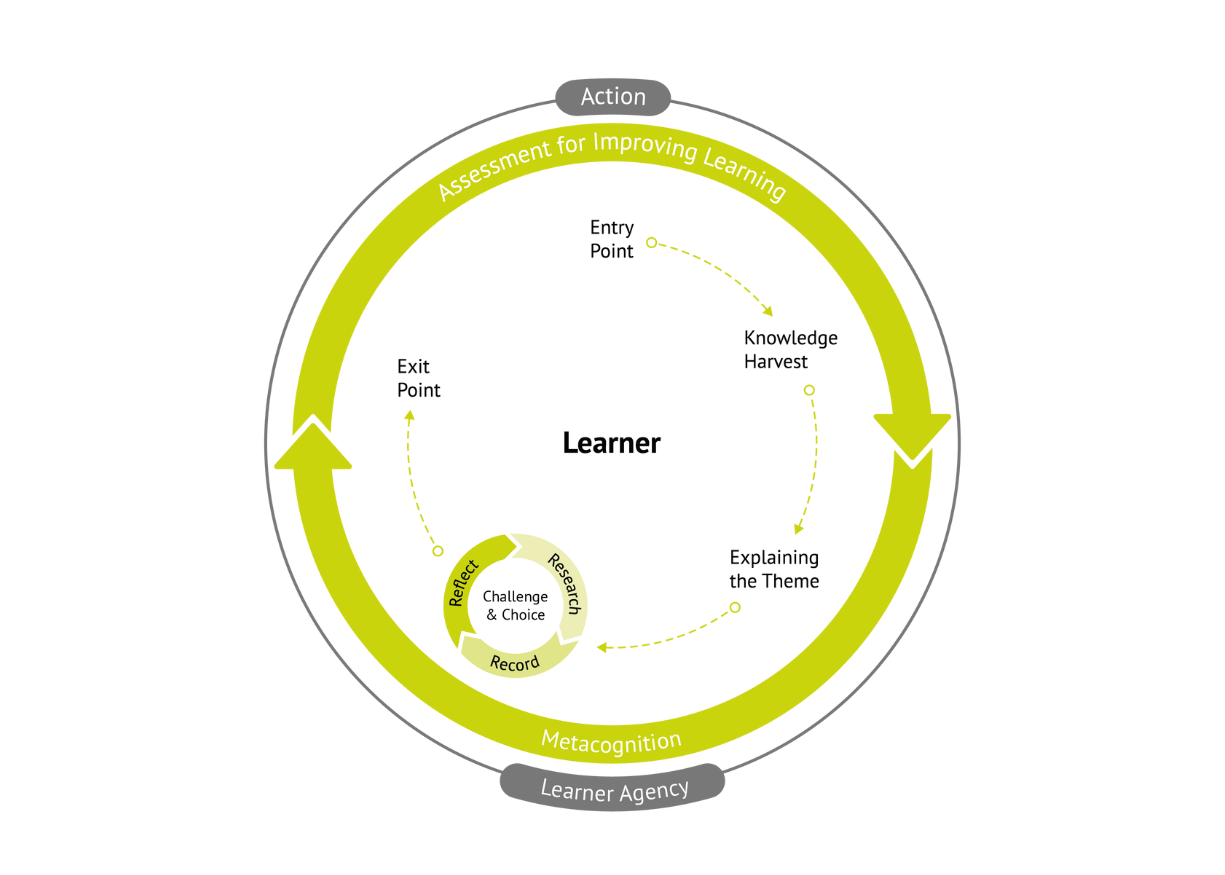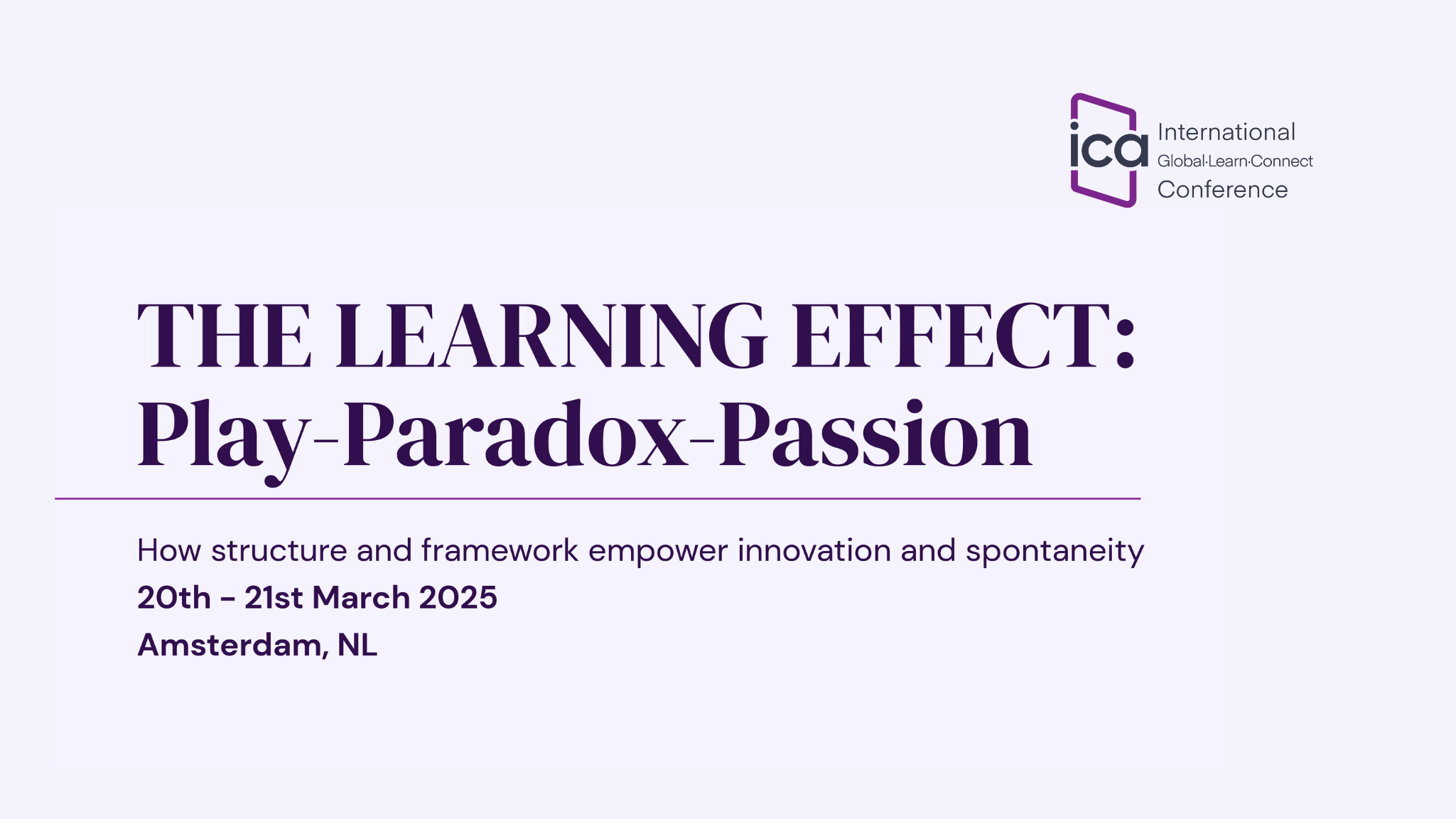Is your school new to implementing the International Primary Curriculum (IPC) and its Seven Foundations?
Like all curricula offered by the International Curriculum Association, the IPC is driven by seven underpinning foundations that ensure the framework remains learning-focused and puts the goal of Improving Learning at the centre of what we do.
The Seven Foundations also form part of the comprehensive criteria and rubrics for the curriculum, which enables schools and ICA to evaluate whether a school is meeting the quality expectations of implementing the IPC and achieving Recognition and Accreditation. Below is a brief summary of each Foundation:
Foundation 1 – Learner-focused Personal, International and Subject Learning Goals
Learning should be at the core of what every good school does, and the overarching question the International Curriculum asks is: ‘How does this improve learning?’. The Learning Goals are organised into three distinct but connected sections: Subject, Personal and International Learning Goals and emphasise the holistic development of children. The clearly sequenced Learning Goals help schools, teachers and leaders to identify what children have learned before they talk about what children have done.
Foundation 2 – A Progressive Pedagogy
The design of the IPC is informed by a variety of learning theories which promote progressive pedagogy in schools, to improve learning for children all around the world. The four distinct pedagogies include:
- Brain-based learning – transferring information and knowledge from working memory into long-term memory to improve learning
- Constructivist pedagogy – connecting new knowledge to prior knowledge and actively constructing meaning
- Experiential and active learning – hands on (doing) and minds on (reflecting) activities leading to deeper and more complex levels of engagement
- Metacognition – improving learning through reflection on what they are learning, how they are learning, and how learning might be improved
Foundation 3 – A Process to Facilitate Learning for All
All IPC units follow the researched-informed Process to Facilitate Learning, with the learner at the centre. This is structured to ensure that children’s learning experiences are stimulating and effective:

Foundation 4 – Globally Competent Learners
All schools have the potential to develop globally competent students. It is crucial for learners to develop not only a strong interest in their own and other cultures and a deep understanding of multiple perspectives, but also a keen desire to help shape local and global communities through actions that impact positively on society.
Foundation 5 – Knowledge, Skills and Understanding are taught, learned and assessed differently
Across the IPC, Knowledge, Skills and Understanding are all considered valuable and are sufficiently distinct to be taught, learned and assessed differently. Our Learning Goals always make it explicit whether Knowledge, Skills or Understanding is being learned. Teachers are encouraged to ask children to consider what they are learning, what type of learning it is and how they are learning it.
Foundation 6 – Connected Learning
Connected learning enables students to see the wider context of their learning and to make connections both through and across different subjects. For example, in the IPC, subjects are integrated both independently and interdependently into different thematic units of learning so that learners can engage in dialogue from different viewpoints. Children should harness the power of connections and be able to answer the question: How is this learning relevant to me now and in the future?
Foundation 7 – Assessment for Improving Learning
In the IPC, assessment serves the purpose of improving learning. Formative assessment should take place regularly to allow for instructional adaptations, revised goal setting, feedback or even curriculum compacting. One of the greatest benefits of Assessment for Improving Learning is that it helps to develop metacognition which enables children to become more independent and committed learners.
Do you want to learn more about how to effectively implement the IPC?
Would you like to receive guidance to ensure your school’s curriculum is underpinned by the Seven Foundations? Get in touch to learn more about our new service, Coaching for Implementation, which offers personalised 1-1 support from one of our specialists throughout your first year of implementation.
Learn more about how to implement the IPC effectively at your school from the very start and how to tailor it to your unique context.




.png)